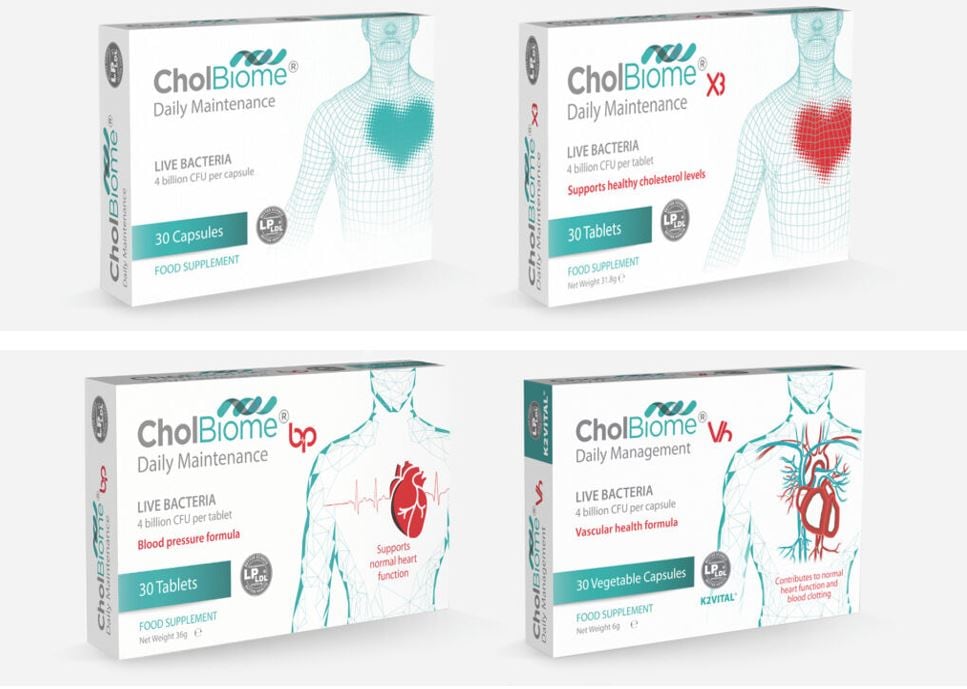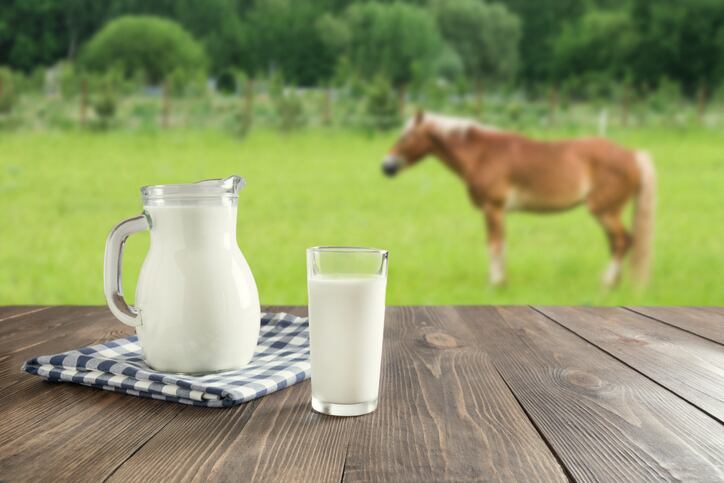The Lactobacillus species isolated from breast milk has been studied plenty, including L. gasseri, L. rhamnosus and L. fermentum, but there is limited study on L. oris and its health promoting properties.
So researchers from Bangladesh isolated L. oris and studied it for its probiotic capability. They found that L. oris was resistant to acidic pH which is necessary as it passes the stomach to reach the small intestine, had antimicrobial activity and even showed promising cholesterol-lowering properties.
“L. oris had superior probiotic properties and can be regarded as a probiotic candidate, potentially opening new directions for future research into enhanced effectiveness and advancing biotechnological research in the food and dairy industries,” they wrote in Frontiers in Nutrition.
Sample collection
For this study, mother's milk and infant faecal samples were collected from Dhaka Medical College Hospital, Bangladesh.
Samples from 15 healthy mothers (24 to 35 years old) and infants (1 to 5 days old) were collected.
The faecal samples were collected within this timeframe because the faecal microbiota matures beyond day five, according to the researchers.
Samples were then analysed at the Industrial Microbiology Laboratory, in Dhaka.
According to FAO and WHO, a probiotic characteristic is determined by its capability to survive the upper digestive tract and colonise in the intestinal lumen and colon.
So, researchers isolated L. oris and tested it through pH and bile tolerance, gastric juice tolerance, reduction of sodium nitrate, and antimicrobial activity test.
To test for the cholesterol-lowering activity, researchers conducted an in-vitro analysis where a water-soluble cholesterol (polyoxyethanyl-cholesterylsebacate) was added into milk to make yoghurt. It was then inoculated with 2% L. oris and incubated at 39°C for 6 to 7 hours.
The activity of cholesterol-lowering (%) was calculated using a formula of cholesterol added minus cholesterol recovered, divided by cholesterol added, and multiplied by 100.
All experiments were conducted in triplicates.
Probiotic assessment
The results revealed that L. oris retained around 80% viability for up to four hours at pH 1 and 2. No considerable differences were obtained between the viability after four hours, indicating acid resistance-capacity to intestinal pH conditions. Researchers also found that the strain could stay alive up to pH 8.0.
L. oris was found to grow best at 37°C, was also able to grow at 45°C, but unable to grow at 10°C.
L. oris also had the ability to deplete nitrate in the body. Sodium nitrite is a salt that is used as an additive in food products especially in meats to maintain colour and flavour. However, it is considered a carcinogenic substance.
The capability to adhere to intestinal surfaces is an important criteria for probiotics, to ensure colonisation and balancing microbiota in the gastrointestinal tract. L. oris showed good viability in gastric juice for three hours at pH 3.0, exhibiting its intestinal epithelial adhesion properties. However, after three hours, the viability decreased.
Many strains from the Lactobacillus species produce antimicrobial compounds, and L. oris was observed to exhibit high antimicrobial activity against pathogens such as V. parahaemolyticus, S. enteritidis, and S. aureus.
Lastly, L. oris was found to reduce cholesterol up to 90% in the in-vitro study.
Future of L. oris
The use of probiotics as food or dietary supplement is growing with increasing awareness of its beneficial effects.
With L. oris’s demonstrating its promising cell hydrophobicity, auto and co-aggregation properties in the intestinal epithelial cells, as well as cholesterol-lowering properties, researchers suggested that various probiotic products, such as fermented milk, drinks, yogurt, cheese, and ice-cream could be developed with L. oris, and confer health benefits for people in Bangladesh and other countries.
“L. oris needs to be further investigated and could be incorporated into food supplements or developed as a new probiotic.”
Source: Frontiers in Nutrition
https://doi.org/10.3389/fnut.2021.619506
“The Prospects of Lactobacillus oris as a Potential Probiotic With Cholesterol-Reducing Property From Mother's Milk”
Authors: Sadia Afrin, et al.




